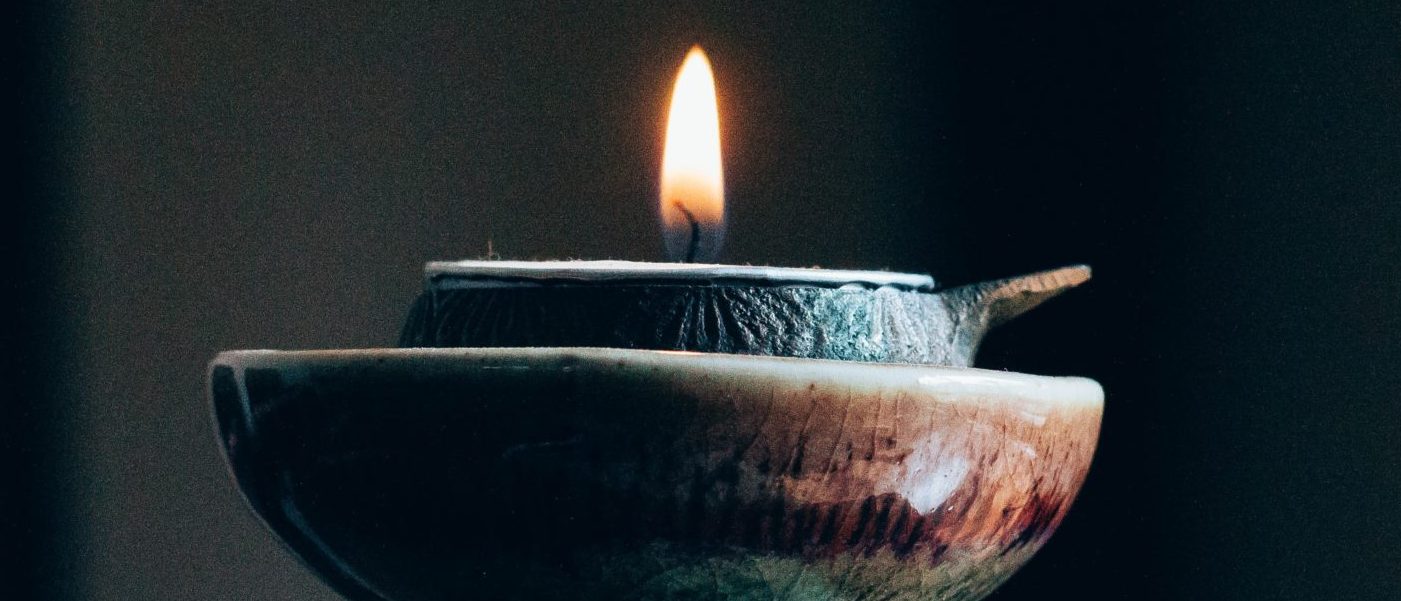How To Manage Stress Effectively: Tips & Techniques For Relaxation
In today’s fast-paced and demanding world, stress has become an unavoidable companion for many adults. Juggling work, family and personal responsibilities can leave us feeling overwhelmed and exhausted. If left unmanaged, chronic stress can lead to various physical and mental health issues. (11) Fortunately, there are effective strategies available to help us cope with stress and find relaxation. In this blog post, we will explore practical tips and techniques to manage stress, along with examples of therapies offered at our clinic that can provide much-needed relief.
1. Practice Mindfulness:
Mindfulness is the art of being fully present in the moment, without judgment. By cultivating mindfulness, we can redirect our focus from worries and anxieties to the present, fostering a sense of calm. Simple practices like deep breathing exercises, meditation, and yoga can help promote relaxation and reduce stress levels. (1) (3) (4)
2. Engage in Physical Activity:
Regular exercise is not only beneficial for our physical well-being but also plays a vital role in managing stress. Engaging in activities like walking, jogging, swimming, or cycling releases endorphins, known as “feel-good” hormones, which help reduce stress and improve mood. Incorporating exercise into your daily routine can have a significant impact on your stress levels. (2)
3. Prioritize Self-Care:
Taking care of oneself is essential for managing stress effectively. Allocate time each day for activities that bring you joy and relaxation. It could be reading a book, indulging in a hobby, or simply taking a soothing bath. Remember, self-care is not a luxury; it is a necessity for maintaining overall well-being. (12)
4. Seek Support:
Sometimes, managing stress on our own can feel overwhelming. Seeking support from friends, family, or a professional can make a significant difference. At The Clinic at Christie, we offer various therapies designed to address stress, such as massage therapy, physiotherapy, chiropractic treatment, and acupuncture. These therapies not only target physical symptoms but also provide a holistic approach to stress relief, promoting relaxation and well-being.
- Massage Therapy: Our skilled therapists employ various techniques, including Swedish massage, deep tissue massage, and aromatherapy, to release muscle tension, improve blood circulation, and induce deep relaxation. Massage therapy has been proven to reduce stress hormone levels, promote better sleep, and alleviate anxiety. (5) (6)
- Physiotherapy and Chiropractic Treatment: These therapies focus on addressing physical ailments associated with stress, such as tension headaches, muscle stiffness, and joint pain. By incorporating targeted exercises, manual therapy, and spinal adjustments, physiotherapy and chiropractic treatment help relieve pain and restore physical balance, thereby reducing stress levels. (9) (13)
- Acupuncture: This ancient Chinese practice involves inserting thin needles into specific points on the body to restore the flow of energy. Acupuncture has been found effective in reducing stress, anxiety, and depression. By stimulating the release of endorphins and regulating the nervous system, it promotes relaxation and overall well-being. (7)
Managing stress effectively is crucial for maintaining a healthy mind and body. By incorporating mindful practices, engaging in physical activity, prioritizing self-care, and seeking professional support through therapies like massage, physiotherapy, chiropractic treatment, and acupuncture, you can find the much-needed relaxation and relief from stress. Take the first step towards a stress-free life by booking an appointment at our clinic and embark on a journey of well-being and rejuvenation.
To make an appointment with any of our specialized practitioners contact us.
Sources:
- Davis, D. M., & Hayes, J. A. (2011). What are the benefits of mindfulness? A practice review of psychotherapy-related research. Psychotherapy, 48(2), 198-208.
https://pubmed.ncbi.nlm.nih.gov/21639664/.
- Stults-Kolehmainen, M. A., & Sinha, R. (2014). The effects of stress on physical activity and exercise. Sports Medicine, 44(1), 81-121.
- Mayo Clinic. (2020). Can mindfulness exercises help me? Mayo Clinic. https://www.mayoclinic.org/healthy-lifestyle/consumer-health/in-depth/mindfulness-exercises/art-20046356#:~:text=Mindfulness%20is%20a%20type%20of
- Kwok, T. Y., Au, A., & Wong, B. (2016). The effects of mindfulness-based stress reduction on stress-related symptoms in patients with multiple chronic conditions: a randomized controlled trial. Journal of Clinical Nursing, 25(19-20), 2916-2927.
https://pubmed.ncbi.nlm.nih.gov/24281411/
- Field, T. (2014). Massage therapy research review. Complementary Therapies in Clinical Practice, 20(4), 224-229.
https://pubmed.ncbi.nlm.nih.gov/25172313/
- Bervoets, D. C., Luijsterburg, P. A., Alessie, J. J., Buijs, M. J., Verhagen, A. P., & Koes, B. W. (2015). Massage therapy has short-term benefits for people with common musculoskeletal disorders compared to no treatment: a systematic review. Journal of Physiotherapy, 61(3), 106-116.
https://pubmed.ncbi.nlm.nih.gov/26093806/
- Wang, Taiwu, et al. “Acupuncture and Moxibustion for Chronic Fatigue Syndrome in Traditional Chinese Medicine: A Systematic Review and Meta-Analysis.” BMC Complementary and Alternative Medicine, vol. 17, no. 1, 23 Mar. 2017, https://doi.org/10.1186/s12906-017-1647-x
- Stubbs, B., Vancampfort, D., Rosenbaum, S., Firth, J., Cosco, T., Veronese, N.,… & Schuch, F. B. (2017). An examination of the anxiolytic effects of exercise for people with anxiety and stress-related disorders: A meta-analysis. Psychiatry Research, 249, 102-108.
https://pubmed.ncbi.nlm.nih.gov/28088704/
- Craft, L. L., & Perna, F. M. (2004). The benefits of exercise for the clinically depressed. Primary Care Companion to the Journal of Clinical Psychiatry, 6(3), 104-111.
https://www.ncbi.nlm.nih.gov/pmc/articles/PMC474733/
- Wipfli, B. M., Rethorst, C. D., & Landers, D. M. (2008). The anxiolytic effects of exercise: A meta-analysis of randomized trials and dose-response analysis. Journal of Sport and Exercise Psychology, 30(4), 392-410.
https://pubmed.ncbi.nlm.nih.gov/18723899/
- CAMH. “Stress.” CAMH, 2021, www.camh.ca/en/health-info/mental-illness-and-addiction-index/stress#:~:text=When%20stress%20becomes%20overwhelming%20and.
- Scott, Elizabeth. “How Proper Self Care Can Reduce Your Stress Levels.” Verywell Mind, 24 Nov. 2020, www.verywellmind.com/importance-of-self-care-for-health-stress-management-3144704#:~:text=Self%2DCare%20for%20Stress%20Management.
“The Physiotherapist’s Role in the Management of Stress-Related Work Absence in Vocational Rehabilitation.” Physiopedia, 2013, www.physio-pedia.com/The_physiotherapist%27s_role_in_the_management_of_stress-related_work_absence_in_vocational_rehabilitation.

